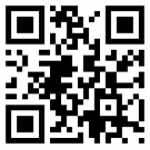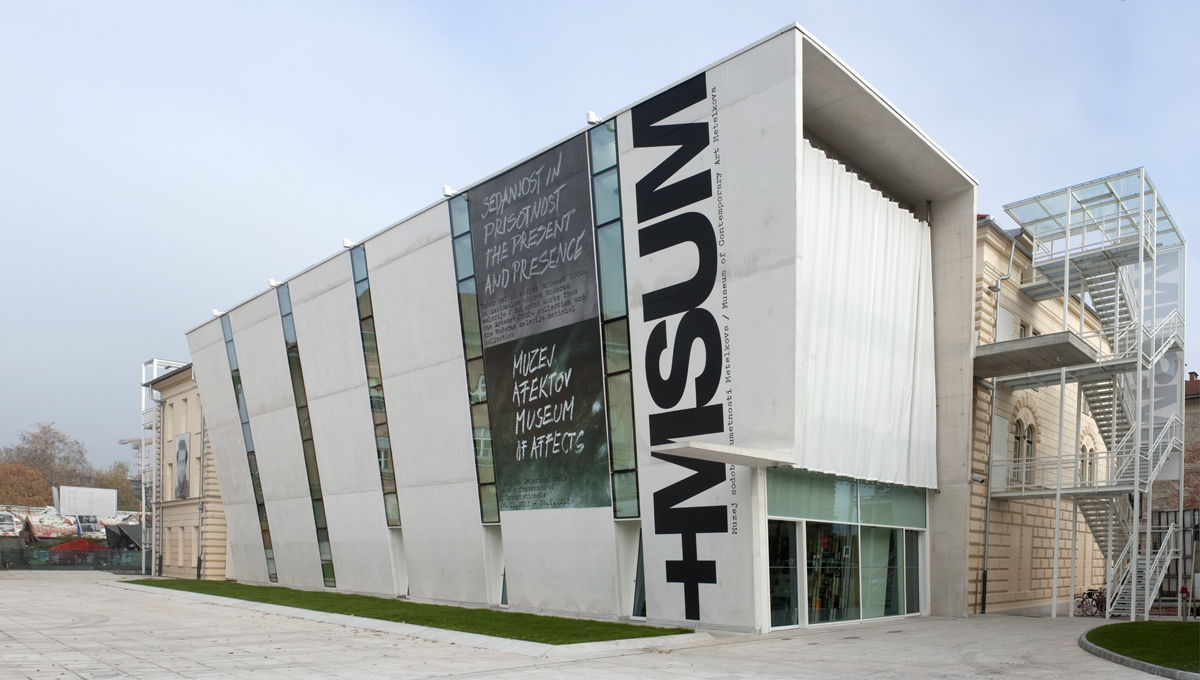Programming and design Žiga Kranjec
t = ¥€$
Time Is Money
Do you want to become the master of your time? Buy some!
Background
Time is Money is based on an art piece produced by the Domestic Research Society (DDR) members – Jani Pirnat, Alenka Pirman and Damijan Kracina – for the exhibition Word for Word, without Words, at the City Art Gallery Ljubljana in 2010. It is a literal, visual, and functional translation of the phrase “time is money”. The device is a coin-operated clock that only runs on money.
Time is money
Time is both a commodity and a currency. We spend time, buy time, save time, lose time, make good time, squander time, waste time, give time, have time, or take time… just like money. There are many instances of unclaimed territory that ended up being owned by the first person to claim it. Thus the moon, stars, planets, pixels etc. are all on sale on the Internet. The Domestic Research Society has taken this idea a step further to a pure, endless concept. With the project Time Is Money DDR lays its claim on Time and declares itself the official dealer of Time. The website http://timeismoney.si provides a service for buying Time.
Buying time as a personal and meditative experience
Have you ever had the feeling, sitting in a waiting room or standing in a line and looking at the clock, that your time is slipping away? But the purpose of a timepiece need not always be to tell time. It may also be used to control a device or people in terms of time. The presumption that time equals money dictates the pace of life; it has become a contemporary religion with altars everywhere. We look at the time on clocks, watches, computers, mobile phones and more.
Measuring time
Measuring time with mechanical devices has its origins in religious practices. It was first introduced in astronomy to measure the movement of the planets and stars closely associated with higher beings. In the Middle Ages, the Catholic Church introduced mechanical clocks to indicate the time for the daily (and nightly) services in monasteries, so that the monks would gather on time. The same concept was introduced for lay people, summoned by church bells to churches at agreed times. The rise of industrialization saw time restricted even further as workers had to meet work output quotas and were increasingly forced into strict and precise time frameworks.
Free time
Today it is even worse, although we seem to have become resigned to it, following timetables and meeting deadlines every day. To have “free” time means to be able to afford time. We have to pay for our free time: for our vacations, entertainment, recreation and more. Idle moments are very rare and costly, and once time is spent, there are no refunds. We often want to take our time, but we can’t afford it.
Buy Time
We live in a time when everything is becoming privatized: public goods, energy, water, air… And we stand idle. Why not privatize time? The Domestic Research Society has done it. Just in case.
We sell the future – why don’t you buy some? Time is money. The Domestic Research Society thanks you for your time.

Domestic Research Society
http://ddr.si
Domestic Research Society (DRS) was founded in 2004 by Damijan Kracina, Alenka Pirman and Jani Pirnat. Working in the fields of culture, art, research and education, DRS explores primarily domestic phenomena, collecting, investigating, recording and presenting them. In 2005, DRS set up Kabinet (the Cabinet) in the courtyard of the Škuc Gallery – an exhibition lab conceived along the lines of a cabinet of curiosities. By 2009, the DRS members and their associates had staged or hosted a number of exhibition projects in it, some focusing on research (e.g. Jelenometry with Alexei Monroe, 2007) and others on collecting (e.g. Nani Poljanec Folk Museum, 2006). Another “domiciliary” sphere of the DRS activities is the World Wide Web. Advocating the free exchange of intellectual property, the collective has published the online bookshelf India, where it makes available carefully selected texts (e.g. the first Slovenian anti-utopia, Anton Mahnič’s Indija Komandija from 1884). DRS’s fascination with everyday phenomena has led to the online research project Unleashed Tongue – the first free dictionary of modern vernacular Slovenian (started in 2004). The Word for Word, Without Words project (2010, Mestna galerija Ljubljana) and the international Hard Facts project (2012/13) continues to explore language and bring together art and science. Varied and wide-ranging, trans-disciplinary and processual, the DRS work method involves research and explores phenomena we tend to wave off as bizarre. (Urška Jurman)
Žiga Kranjec is a programmer, systems architect, multimedia designer, sound researcher, hobby philosopher, etc. He has been using computers since 1984, mostly developing interesting websites since 1994. This is his first time making an online time store. Since 2000 he has been with Ljudmila, where he currently acts as vice president.


